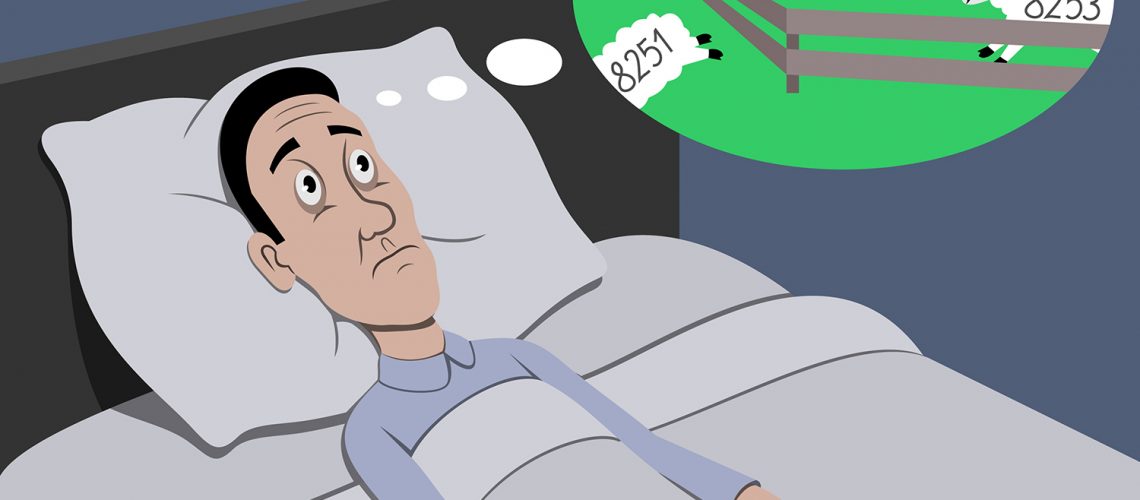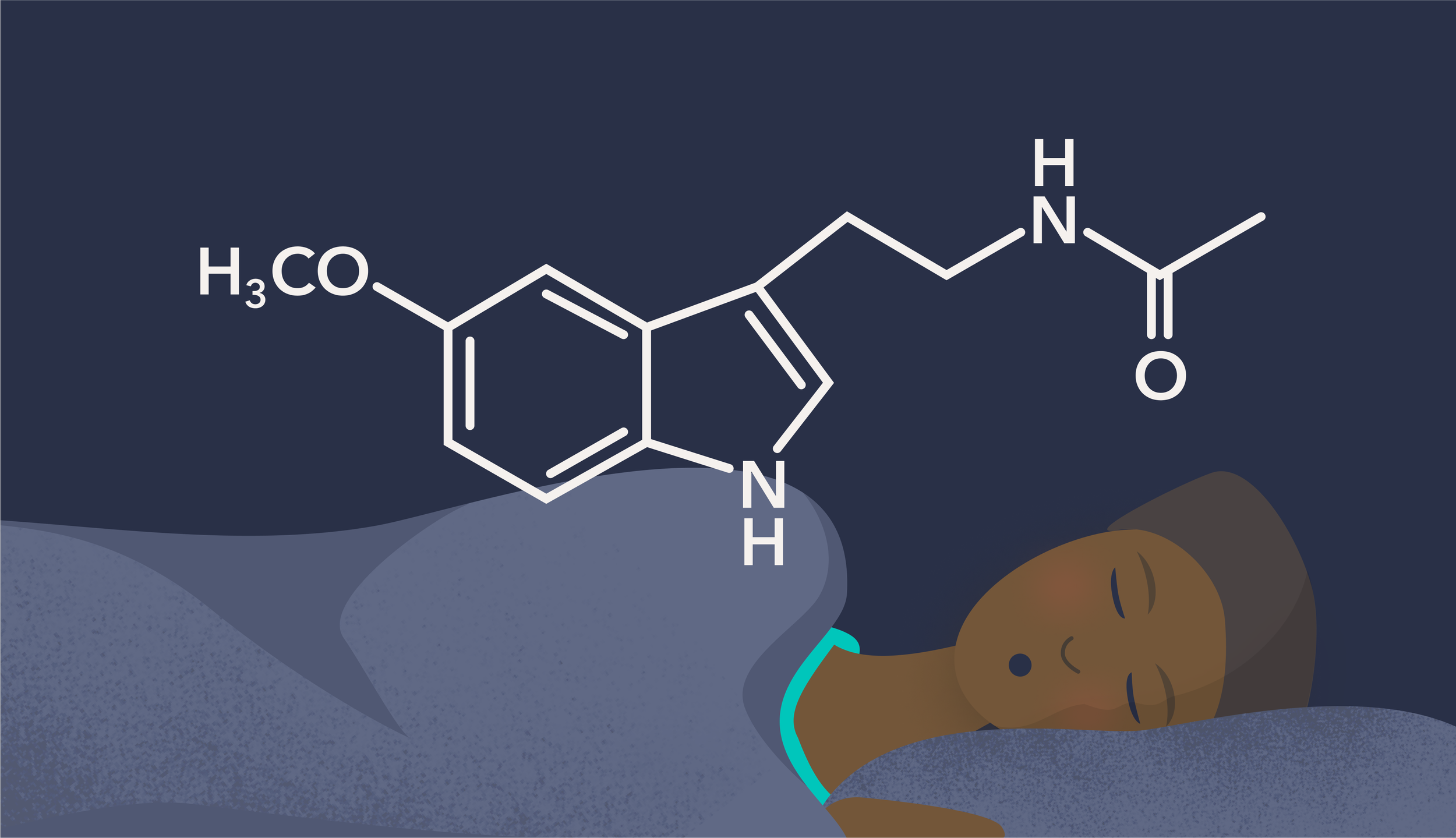What Is Insomnia?

One of the most frustrating and difficult conditions to deal with is insomnia. Since insomnia means that you can’t sleep adequately, it also means being overly exhausted and worn out during regular daytime hours. Insomnia can have a negative effect on your entire life, as well as your general health. People who can’t sleep enough find themselves unable to concentrate on routine tasks, and struggle to get through each and every day. During the night, the problem persists, causing sufferers to lie awake for hours on end. In many ways, insomnia creeps into all areas of a person’s life.
Misconceptions about insomnia
Essentially, insomnia means that you can’t sleep; in fact, it is sometimes referred to as the “can’t sleep disorder.” Many people think that insomnia refers simply to being unable to fall asleep, but it also means waking up frequently, getting up too early and not feeling rested when getting up in the morning. Many people who suffer from insomnia not only can’t sleep at night, but find themselves unusually tired during parts of the day when they should be alert and awake. People who can’t sleep or who suffer from insomnia will try many different treatments with varying levels of success.
Insomnia symptoms
Different people experience different symptoms in terms of insomnia. For many people, insomnia means that they simply can’t sleep well or achieve truly restful sleep. Sometimes, insomnia is characterized by waking up frequently at night for no apparent reason; the frequent disruptions in sleep can reinforce the problem, making it so that a person can’t sleep and a vicious cycle ensues. Others who suffer from insomnia wake up far too early in the morning, resulting in a short period of sleep
Causes of insomnia
Insomnia can be caused by a myriad number of things. Sometimes, major stresses in one’s life makes it so that they can’t sleep well or normally; often, the person lies awake at night worrying over these stressful things, and they trigger a true bout of insomnia. Another common cause of insomnia is environmental factors that can interfere with restful sleep; excessive noise or extreme temperatures can be culprits. Many people can’t sleep due to drinking too much caffeine, as well. Commonly prescribed medications can trigger insomnia in people.
Chronic insomnia
Unlike acute insomnia – where people can’t sleep well for short periods of time during their life – chronic insomnia is defined by being unable to sleep for three nights out of a week for a month or longer. In other words, a person who can’t sleep and who suffers from chronic insomnia will feel that it is something of a permanent fixture in their life; they typically feel like they receive little reprieve from the problem. Chronic insomnia means that you can’t sleep for a great deal of the time, and can have tremendously negative effects on your life.
To get relief from chronic insomnia, try a natural sleep aid with melatonin, skullcap, or 5HTP. To see which sleep aid sufferers of insomnia found to be the most effective, read our reviews.



